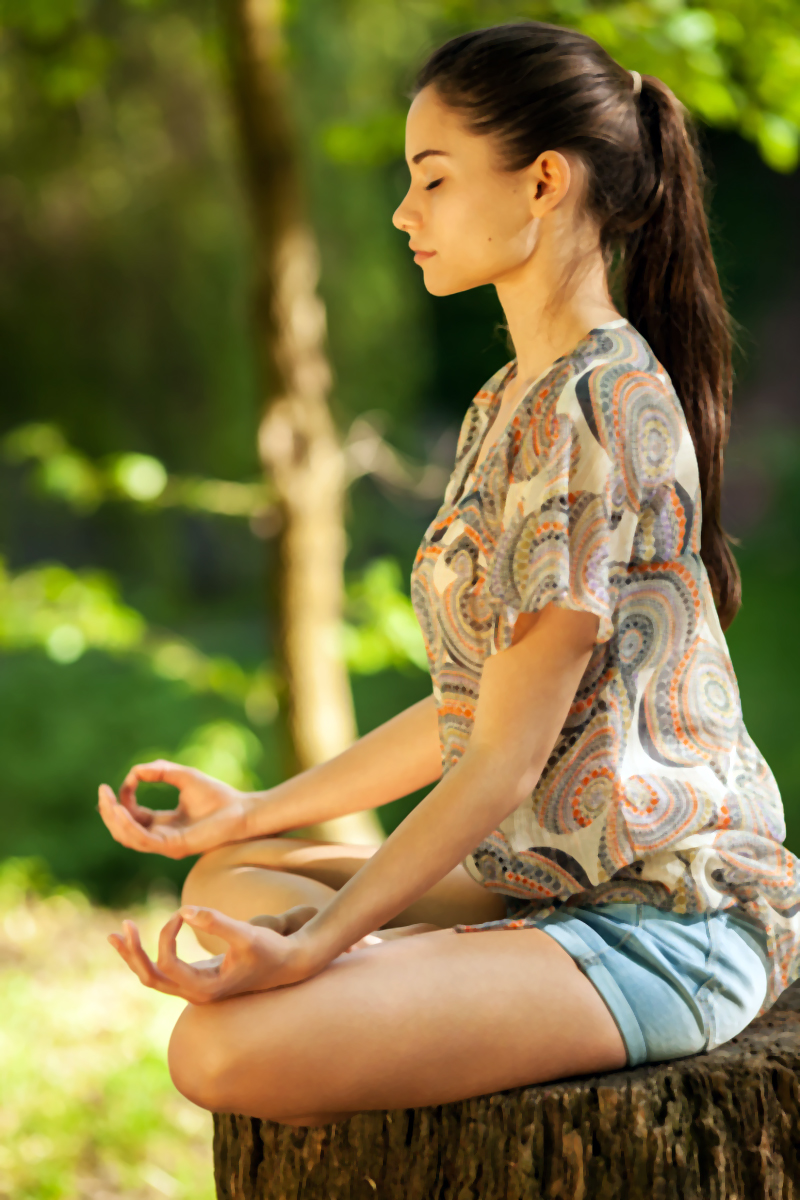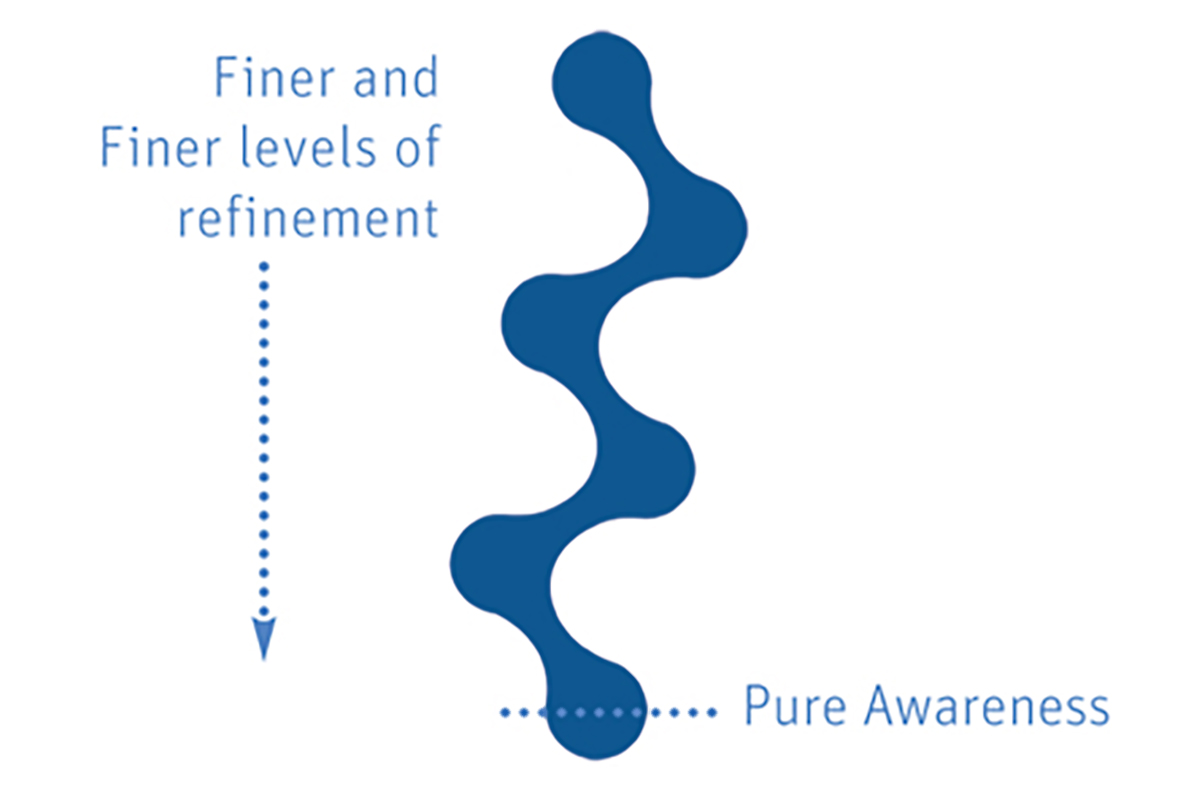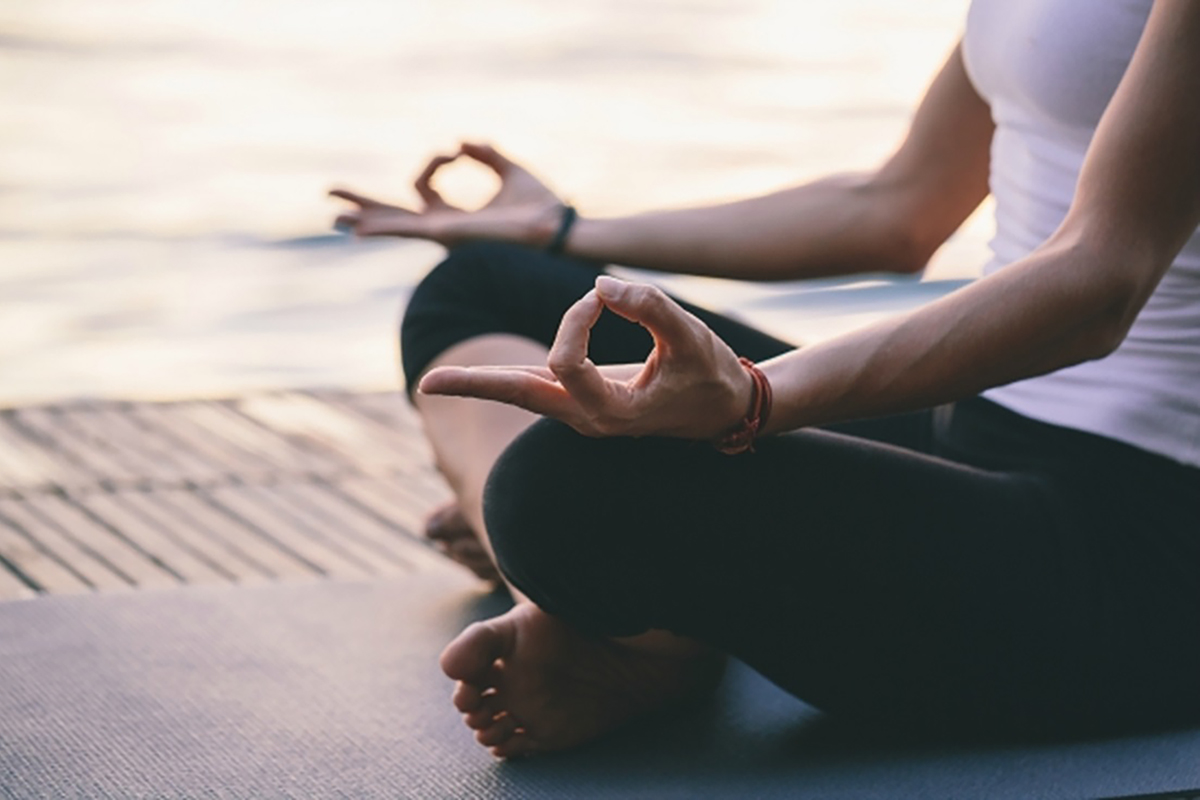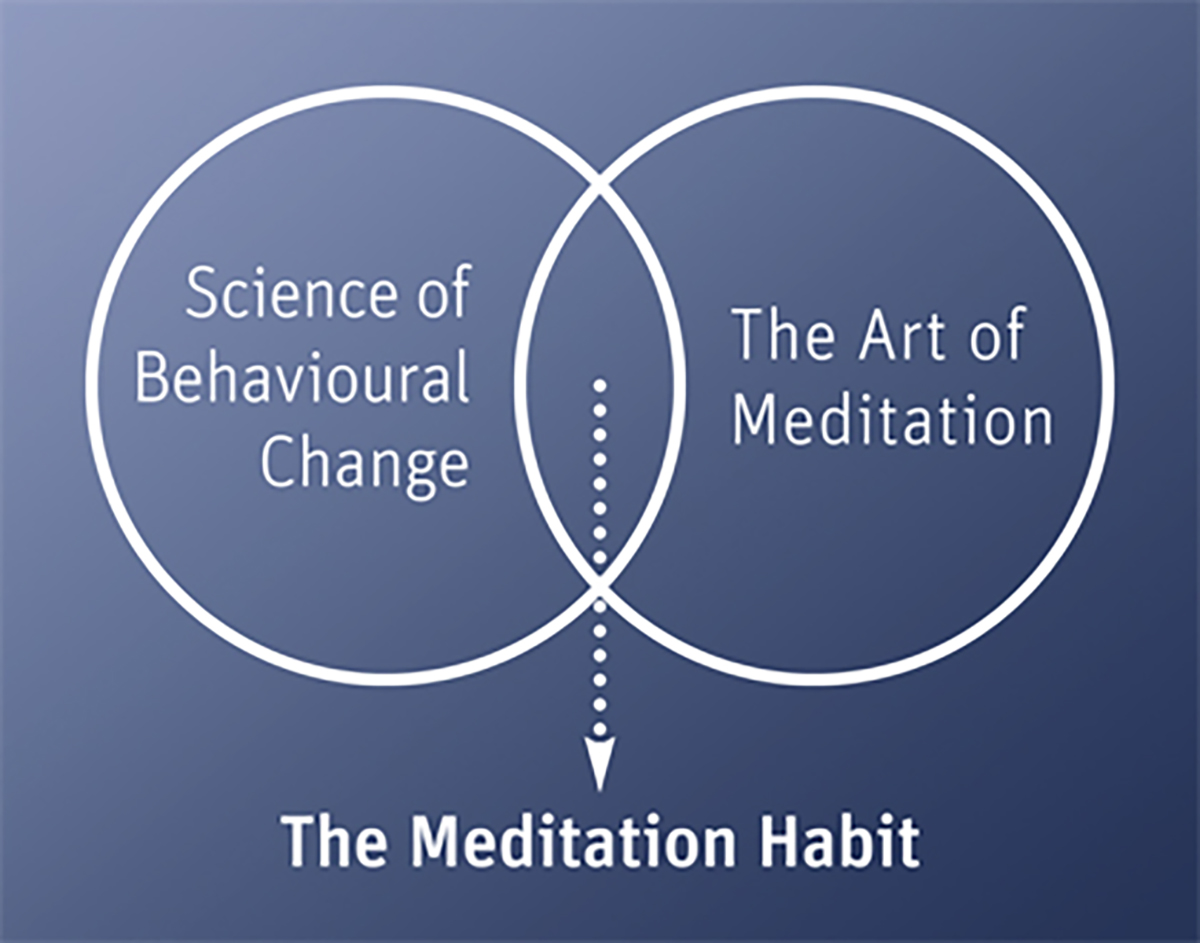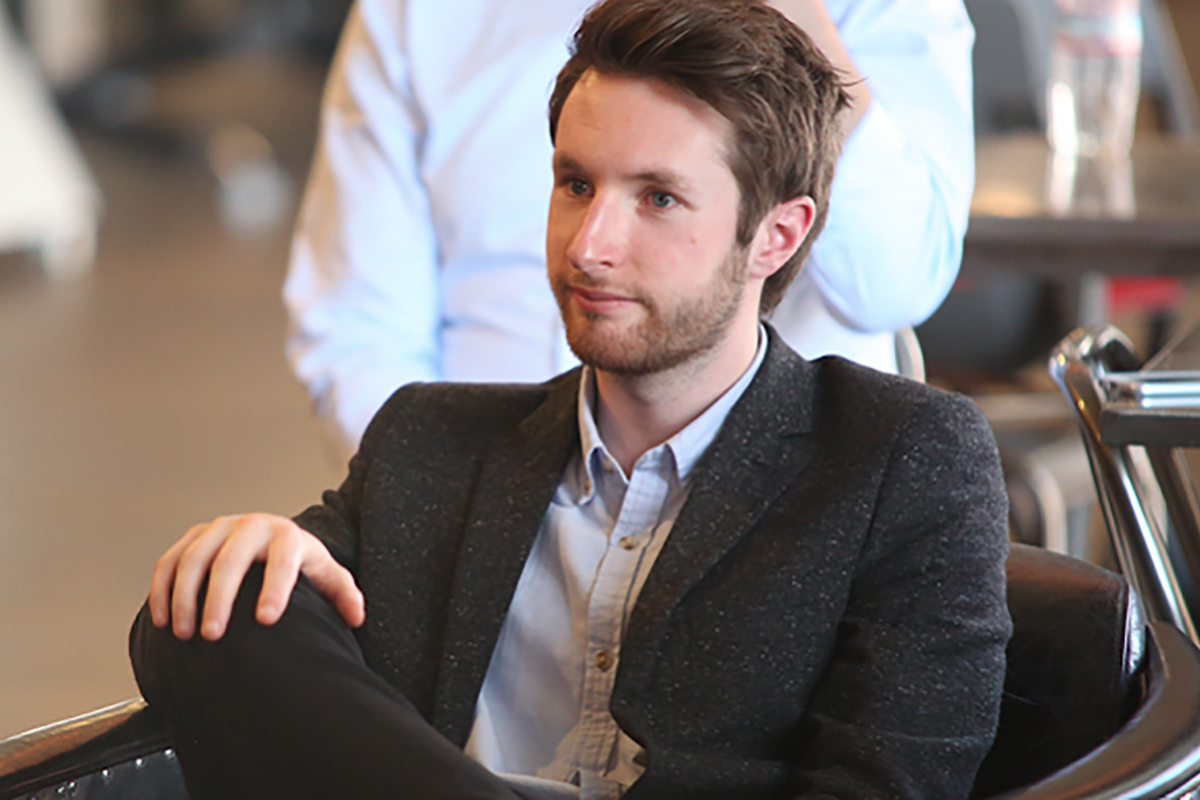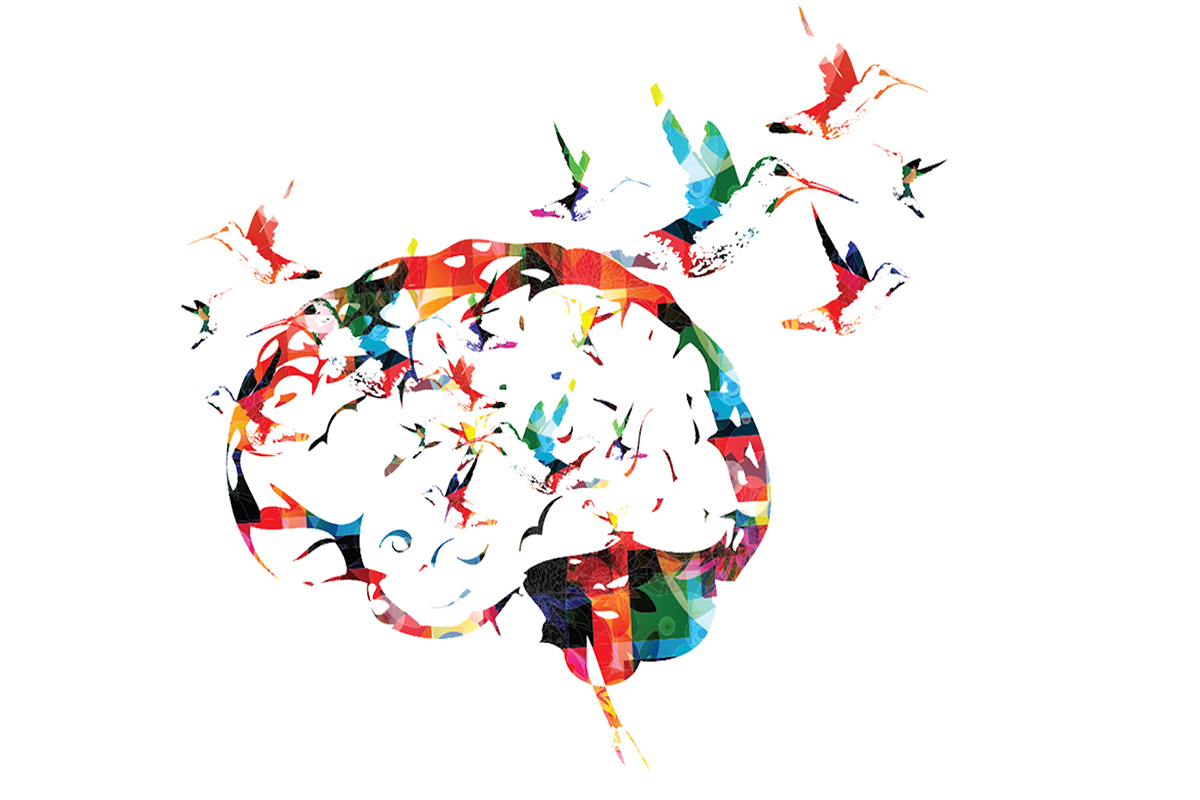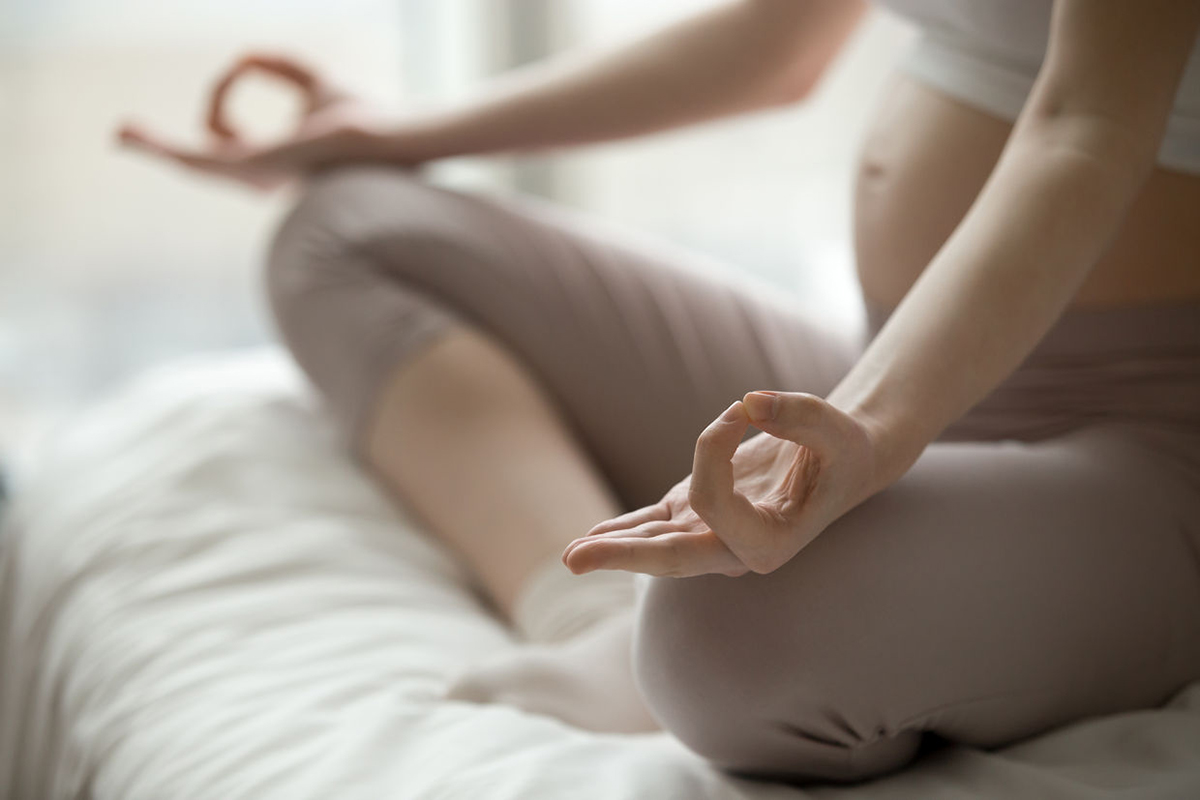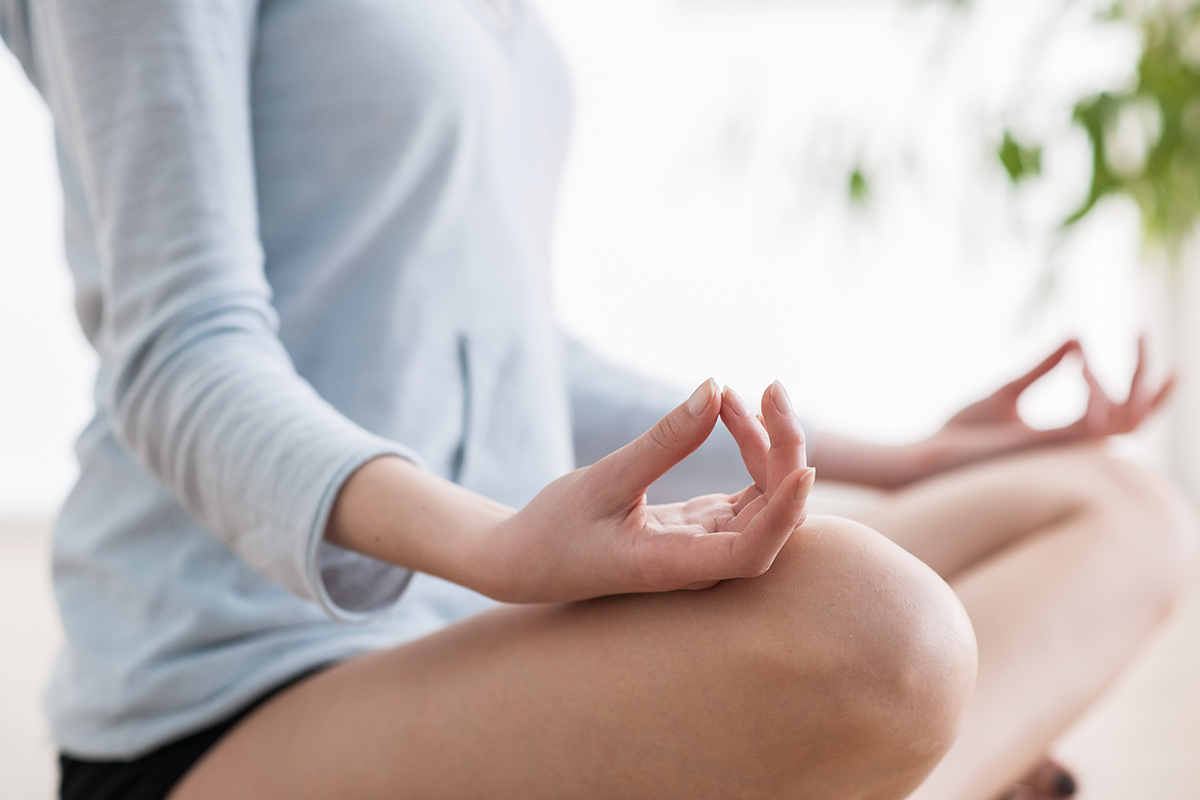
Aim High, Achieve More
Q. Is meditation the key to raising balanced, focused children who perform better academically and creatively?
Meditation forms part of the curriculum in an increasing number of schools. School principles advocate that meditation gives a child ‘power over their thinking, their emotions, not by repressive self-control but by enhanced self-understanding and self-acceptance.’ Furthermore, psychological and behavioural problems such as; hyperactivity, anxiety and aggression are more easily overcome.
Vijja Dhammakaya Meditation is the preferred methodology for an increasing number of schools its simple, effective technique enables the child to enter a deeper state of calm. Benefits include; improved concentration, improved cognitive function (better memory), improved creativity, reduced anxiety and greater awareness.

